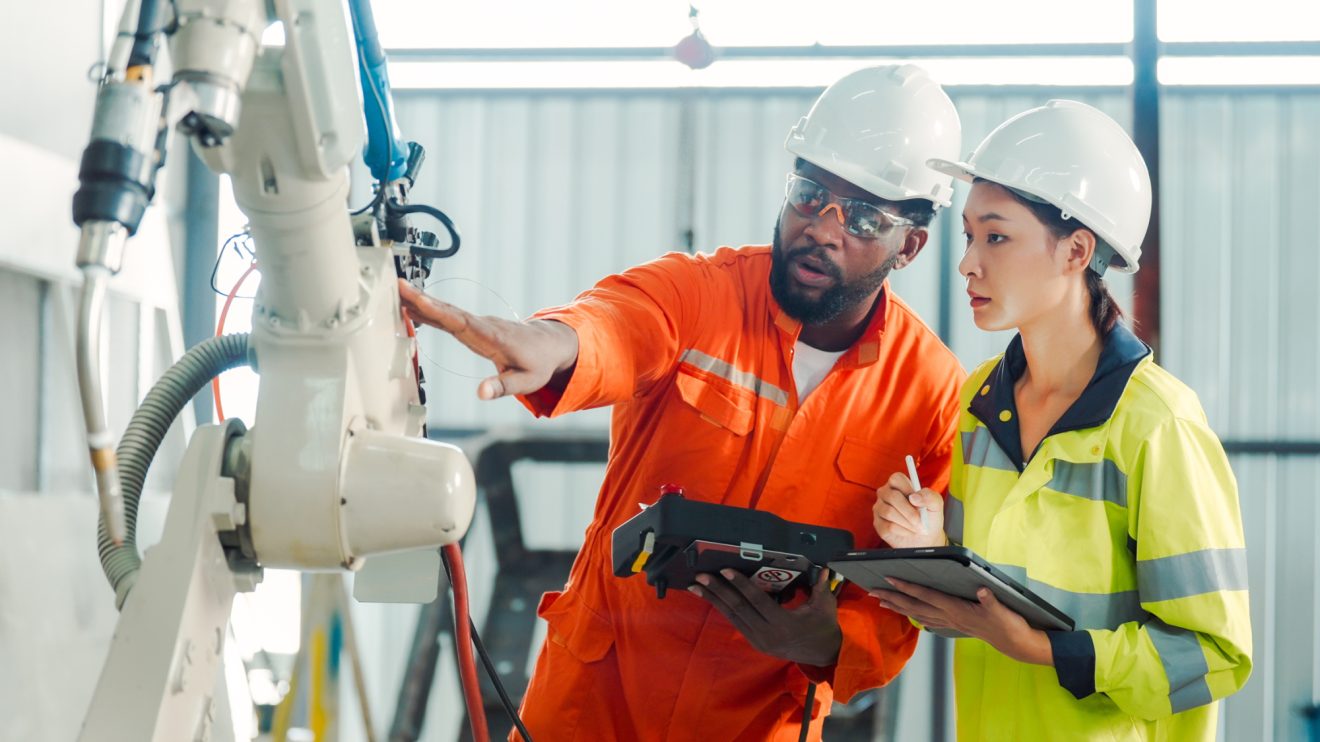In the construction industry, time is money—and both can be lost quickly without the right equipment at the right time. When selecting a construction equipment supplier, many businesses focus on pricing, location, or brand names. While those factors are important, two elements often make or break a project’s success: equipment availability and maintenance quality.
A supplier may offer competitive rates or a wide inventory. Still, if they can’t provide the machines you need when you need them—or if those machines are frequently out of service—you’re setting your project up for delays, safety risks, and cost overruns. Regular upkeep of construction machinery not only extends equipment lifespan but also ensures consistent performance and safety across demanding job site conditions. Here’s why equipment availability and maintenance should be at the top of your checklist when choosing a supplier.
1. Project Timelines Depend On Reliable Availability
Construction schedules are tightly coordinated. Multiple subcontractors, deliveries, and crews rely on specific phases being completed on time. When the necessary equipment isn’t available as scheduled, everything can grind to a halt.
Imagine planning to pour concrete only to learn that the skid steer you booked weeks ago is suddenly unavailable. Delays like this can disrupt entire project sequences, waste labor hours, and push you past essential milestones.
A reliable supplier with high equipment availability ensures your operations don’t stall. Look for partners with a well-stocked, diverse fleet who can deliver or replace equipment on short notice.
2. Limited Availability Can Lead To Costly Substitutions
When your preferred equipment isn’t available, you may be forced to rent a less suitable or oversized machine. While it might get the job done, it could be less efficient, harder to maneuver, or more expensive to operate.
For example, using a full-size excavator for a project that really needs a mini excavator can increase fuel costs, slow progress, and require additional safety precautions. In this case, poor availability doesn’t just delay your project—it drives up costs unnecessarily.
A good supplier ensures you get the right machine for the job, not just what’s left in the yard.
3. Well-Maintained Equipment Enhances Safety And Efficiency
Even if the right equipment is available, its performance depends on proper maintenance. Construction machinery operates in harsh environments, and without routine servicing, breakdowns become inevitable.
Operators and personnel are seriously at risk for injury when equipment malfunctions. A hydraulic failure, brake issue, or worn-out part can lead to injury, damage, or even regulatory fines. Downtime from unexpected failures also leads to lost productivity and missed deadlines.
Reliable suppliers follow rigorous maintenance schedules, conduct pre-delivery inspections, and promptly address any issues. Their machines should arrive in excellent working condition—clean, safe, and ready to perform.
4. Preventive Maintenance Saves You From On-Site Surprises
Preventive maintenance isn’t just about fixing what’s broken—it’s about preventing breakdowns in the first place. When suppliers prioritize proactive servicing and part replacement, their equipment is less likely to fail during use.
Ask potential suppliers how often they service their machines, how they track performance, and what their emergency repair response time is. The best suppliers have detailed service logs and can provide insights into how often a piece of equipment has needed repairs.
With preventive maintenance, you spend less time dealing with problems and more time getting the job done.
5. Supplier Support Is Tied To Maintenance Standards
Quality maintenance is also a reflection of how a supplier supports its customers. Suppliers who invest in their fleet are more likely to invest in your satisfaction. They care about uptime, safety, and providing consistent value.
If a machine does break down, a good supplier won’t leave you stranded. They’ll offer quick replacements, mobile technicians, and 24/7 support to get you back on track fast. This level of service only exists when suppliers take equipment care seriously.
6. Equipment Availability And Maintenance Protect Your Reputation
Ultimately, delays, breakdowns, and poor equipment performance affect more than your bottom line—they affect your reputation. Customers anticipate projects to be finished on schedule and within their allocated budget. If you’re constantly waiting on equipment or dealing with malfunctions, your reliability as a contractor may come into question.
Protecting your schedule, your reputation, and your clientele may be achieved by selecting a provider who has a track record of outstanding maintenance and availability.
Conclusion
Not all construction equipment suppliers are created equal. While cost and convenience are important, availability and maintenance should never be overlooked. These two factors directly influence your productivity, safety, and project success. When choosing your next equipment partner, ask the tough questions about fleet size, service schedules, and support protocols.

